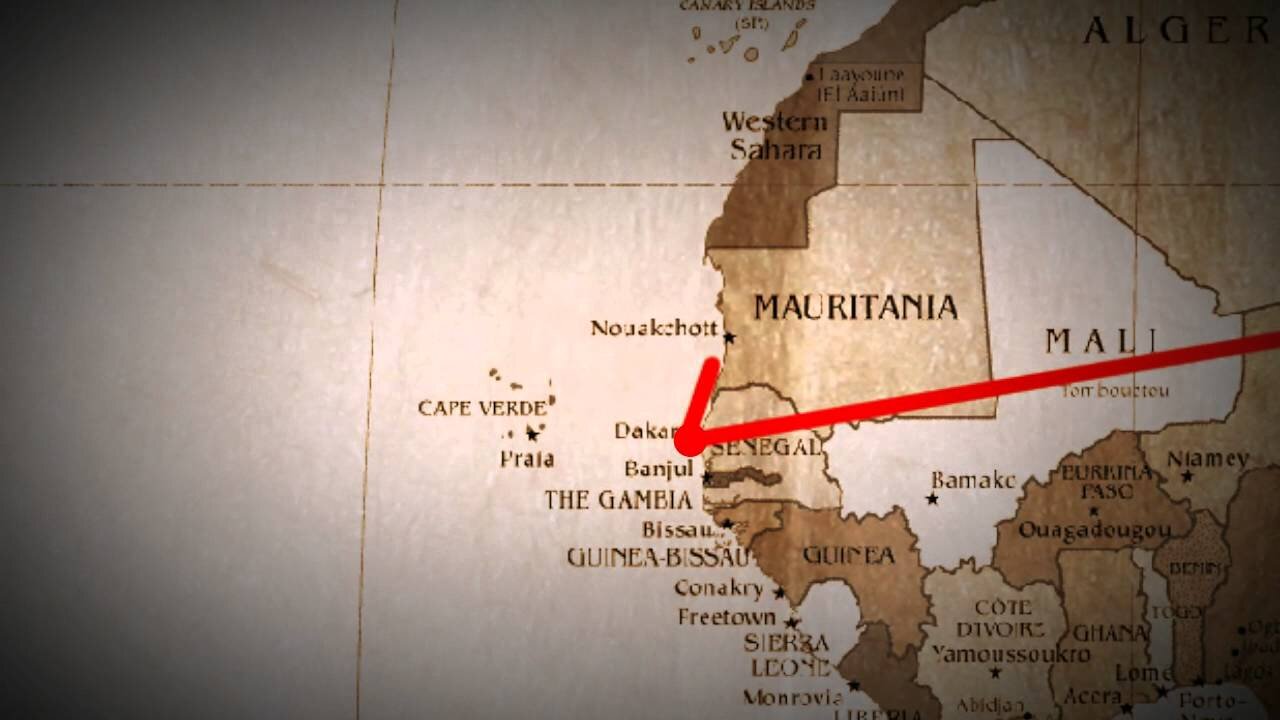Book Excerpt: Chapter 73 - Watch the Locals
The exciting thing about travel is seeing new places and new cultures. It’s why we travel. It’s especially why we want our kids to travel, so they can experience that diversity and variety and grow into more open and sophisticated adults.
But that same variety presents parents with a safety challenge. We don’t know the rules in places we visit. We don’t know what behaviors mean trouble. We don’t know what clothes say about a person, or which phrases are a bad idea. We don’t know which neighborhoods, restaurants, or events are safe. If something goes wrong, we often don’t even know who to approach for help.
And that’s before we even begin dealing with the language barrier.
The best solution to this is to go to places where you’re familiar with the culture and the language. The second best is to visit places where you know somebody, so they can guide you. Not everybody has either option for every place they want to take their families. Besides, only going places you’re already familiar with is against the point of travel.
So what can we do instead?
Your On-Site Security Team
Do you know who understands all the rules, signs, signals, and corner cases of how to stay safe in any place in the world?
That’s right: the people who live there.
When we’re in a place we’re not familiar with, we can learn much of what we need to know from the locals. For example:
· Compare how they dress to how you’re dressed. In open countries, this can give you a lower profile. In restrictive and conservative countries, this can save you from harassment or even legal trouble.
· Listen to how loudly they speak, and at what cadence, so you can tell if your voice or somebody else’s is showing aggression or dishonesty.
· Check how many locals are in restaurants you’re considering. They’re a good gauge of food quality and safety.
· Try to notice who locals steer clear of. What do they have in common? Certain modes of dress? Tattoos? A way of walking?
· Do they pay cash or use credit cards most of the time? How carefully do they handle cash when out in public?
· How closely do they watch their children?
· Are there places or times they behave differently than the norm? What do those places and times have in common?
· What body language do they use when negotiating? When approaching a stranger? When apologizing?
At the most basic level, if we keep our travels and explorations to places lots of locals spend time, we will be in places with lots of witnesses. Most criminals avoid witnesses. Pickpockets can be an issue in crowds, but crowded spaces can protect us and our children from violent crime.
Getting Active
There’s also a lot of benefit from asking locals directly for help and advice. Start with the manager or concierge at your hotel. They get paid in tips, and are motivated to keep guests happy. Although some get a small kickback for recommending a restaurant or bar, those recommendations are likely to be safe. At worst you’ll be overcharged.
Other locals who can help you include cab or uber drivers, local law enforcement, restaurant owners, shop owners, and tour guides. Research these ahead of time, since they’re not always reliable. In some destinations, cab drivers or police are corrupt. In others, shop owners will take advantage of any tourist who seems like they don’t know what they’re doing. Find out who you can trust, then ask them for what you need to know.
Dress Like a Local
Tourists get targeted for crime because they have money, and are unlikely to come back and testify. Although it’s impossible for most parents to perfectly mimic the locals, a twenty-minute trip can drastically lower your profile.
The first chance you get, go into the local equivalent of Walmart or Target. Not a tourist shop. The place the neighborhood buys their stuff. For each family member, buy a hat, a pair of sunglasses, and a button-up shirt. These make you look more like you belong, and also make cool souvenirs when you get home.
